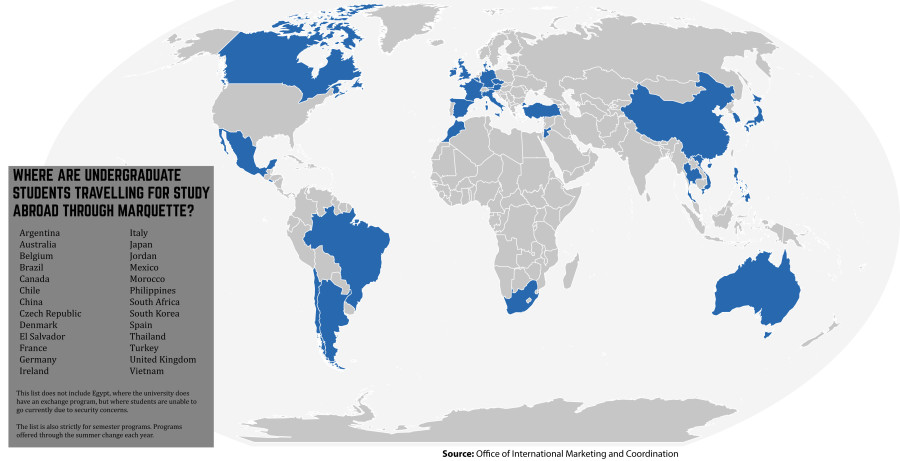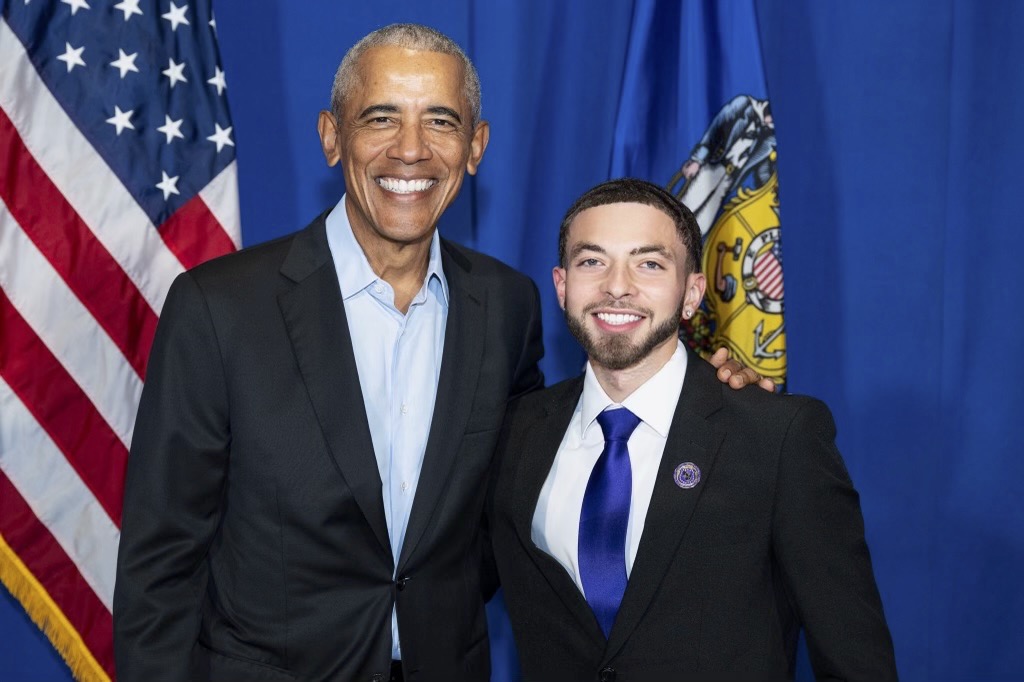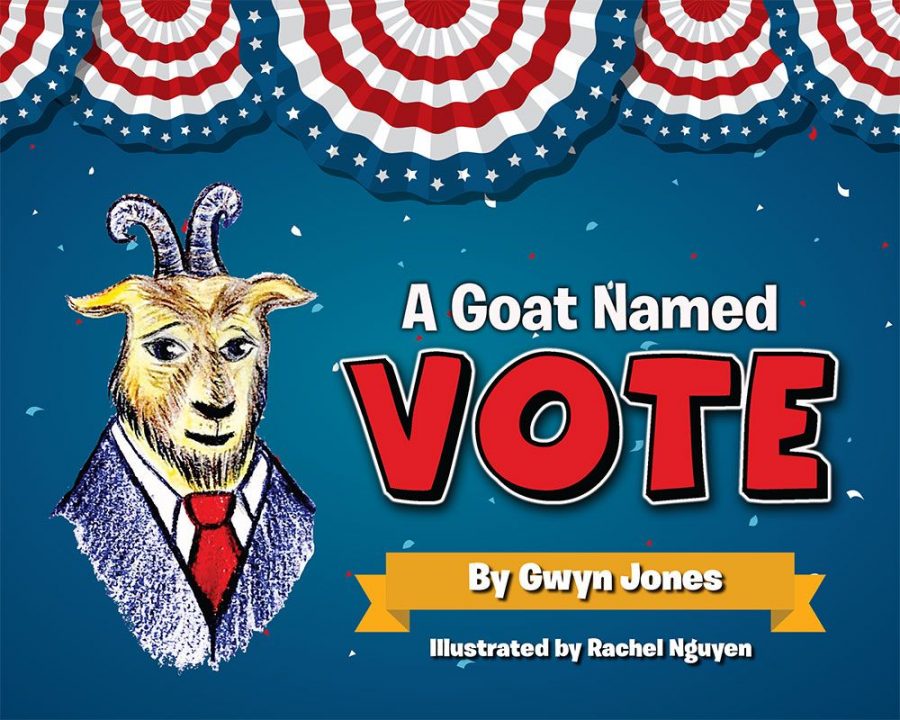 If you’ve been on YouTube anytime in the past year, you may have noticed that the site has come up with a new way to sell ads. Instead of spending 30 seconds ignoring a car insurance commercial, Google made it so some videos force you to answer some sort of consumer survey.
If you’ve been on YouTube anytime in the past year, you may have noticed that the site has come up with a new way to sell ads. Instead of spending 30 seconds ignoring a car insurance commercial, Google made it so some videos force you to answer some sort of consumer survey.
I personally prefer these types of ads since they allow me to reach my content much faster. All I need to do is make a random choice, click submit and then go on my merry way.
In fact, the whole process has me wondering why companies would even pay Google to conduct these questionnaires in the first place. When confronted with the question of which laundry detergents I prefer, does anyone actually think that I would pause for the moment and think about how Tide differs from Purex and make a carefully considered decision?
With that in mind, President Barack Obama recently expressed his support for mandatory voting, saying that it would help to offset the disproportionate amount of influence the wealthy have on political decision making.
“It would be transformative if everybody voted — that would counteract money more than anything,” Obama said.
The president also pointed out that certain voting blocs, such as young people and minority groups, have lower voter turnout. It should also be noted that Obama’s comments come a few months after his party lost in a congressional landslide, a defeat many commentators attributed to generally lower Democratic turnout during midterm elections.
Obama’s comments are not without precedent. More than 20 countries currently have mandatory voting laws. The most oft-cited is Australia, where failing to vote without a proper excuse results in a $20 ($15.74 American) fine. Failure to pay this can result in harsher consequences.
The United States has one of the developed world’s lowest voter participation rates, with only 36.4 percent of eligible voters casting a ballot last year. A mandatory voting law would definitely get this number up, but focusing on this one statistic distorts the true purpose of elections. Even North Korea has 100 percent voter turnout, but everyone would agree that the essence of voting is not act of it, but the thought behind it.
Like randomly asking people to decide which brand of paper towel is their favorite, mandatory voting encourages those not involved in the political process to make an uninformed and hasty decision. And when such a decision is made, a disproportionate amount of consideration is given to those simply more recognizable. Extravagant campaigns, flashy commercials and celebrity endorsements would have more impact as politicians seek to capture the “I have to” vote, stressing flair and popularity over the actual issues.
At Marquette, we have our own issue regarding voter turnout. In last year’s MUSG election, only 22.3 percent of students bothered to vote. And with the next election taking place, it does not appear very likely that this number will significantly change. If MUSG were to somehow institute mandatory voting, then it is likely that the campaign would devolve even more into a popularity contest, or even worse, a lottery, as forced voters would randomly choose a name and vote to get it over with. If anything, the biggest winners would be candidates who happen to have their last name come earlier in the alphabet and thus appear at the top of the ballot.
In a democracy, it is the right of the people to choose their government. But to force people to exercise this right, even when they do not understand the issues, can present a problem. Voter involvement is important, but participating is much different from simply showing up.











